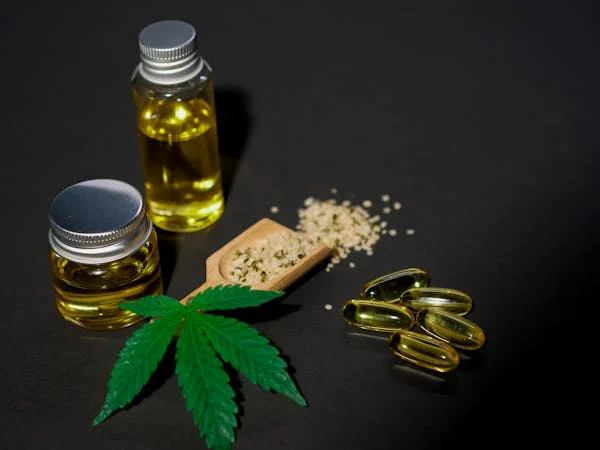What Is THCa Flower? A Beginner’s Guide to Its Benefits and Uses
What Is THCa Flower? A Beginner’s Guide to Its Benefits and Uses
In recent years, the cannabis industry has seen a surge in interest surrounding various cannabinoids and their potential benefits. Among these, THCa flower from indacloud.co has emerged as a topic of curiosity and intrigue. This article aims to provide a comprehensive guide to understanding THCa flower, its benefits, and its uses.
Understanding THCa: The Basics
THCa, or tetrahydrocannabinolic acid, is a non-psychoactive cannabinoid found in raw and live cannabis plants. Unlike THC, which is known for its psychoactive effects, THCa does not produce a “high” when consumed in its natural form. This makes it an appealing option for those seeking the therapeutic benefits of cannabis without the mind-altering effects.
How THCa Converts to THC
THCa is the precursor to THC. When cannabis is exposed to heat through smoking, vaping, or cooking, a process called decarboxylation occurs. This process converts THCa into THC, unlocking its psychoactive properties. Understanding this conversion is key to utilizing THCa flower effectively.
Benefits of THCa Flower
Research into THCa is still in its early stages, but preliminary findings suggest several potential benefits:
- Anti-inflammatory Properties: THCa has shown promise in reducing inflammation, which could be beneficial for conditions like arthritis and other inflammatory diseases.
- Neuroprotective Effects: Some studies indicate that THCa may help protect brain cells, potentially offering benefits for neurodegenerative diseases.
- Anti-emetic Properties: THCa may help reduce nausea and vomiting, making it a potential option for patients undergoing chemotherapy.
- Appetite Stimulation: Like THC, THCa may help stimulate appetite, which can be beneficial for individuals with eating disorders or those undergoing treatments that suppress appetite.
Uses of THCa Flower
THCa flower can be used in various ways, depending on the desired effects and personal preferences:
Raw Consumption
Consuming THCa flower in its raw form is one way to enjoy its benefits without the psychoactive effects. This can be done by adding raw cannabis to smoothies or salads. This method preserves the THCa content, allowing users to experience its potential therapeutic effects.
Topical Applications
THCa can be infused into topical products such as creams and balms. These products can be applied directly to the skin, providing localized relief for pain and inflammation without entering the bloodstream.
Juicing
Juicing raw cannabis is another method to consume THCa. This approach allows users to ingest a concentrated form of THCa, potentially enhancing its therapeutic effects. Juicing is often combined with other fruits and vegetables to create a nutrient-rich beverage.
Case Studies and Research
While research on THCa is still developing, several studies have highlighted its potential:
- A study published in the British Journal of Pharmacology found that THCa exhibited anti-inflammatory properties in animal models, suggesting its potential for treating inflammatory conditions.
- Research conducted by the University of Guelph indicated that THCa might have neuroprotective effects, offering hope for conditions like Alzheimer’s and Parkinson’s disease.
- Anecdotal evidence from patients using THCa for nausea and appetite stimulation has been positive, though more clinical trials are needed to confirm these effects.
Statistics and Market Trends
The cannabis market has seen a growing interest in non-psychoactive cannabinoids like THCa. According to a report by Grand View Research, the global legal marijuana market size was valued at USD 9.1 billion in 2020 and is expected to expand at a compound annual growth rate (CAGR) of 26.7% from 2021 to 2028. This growth is partly driven by the increasing demand for cannabis products that offer therapeutic benefits without psychoactive effects.
Conclusion
THCa flower presents an intriguing option for those interested in the therapeutic benefits of cannabis without the psychoactive effects. With its potential anti-inflammatory, neuroprotective, and anti-emetic properties, THCa offers a range of uses that cater to diverse needs. As research continues to unfold, the understanding and application of THCa are likely to expand, offering new possibilities for both medical and recreational cannabis users.

